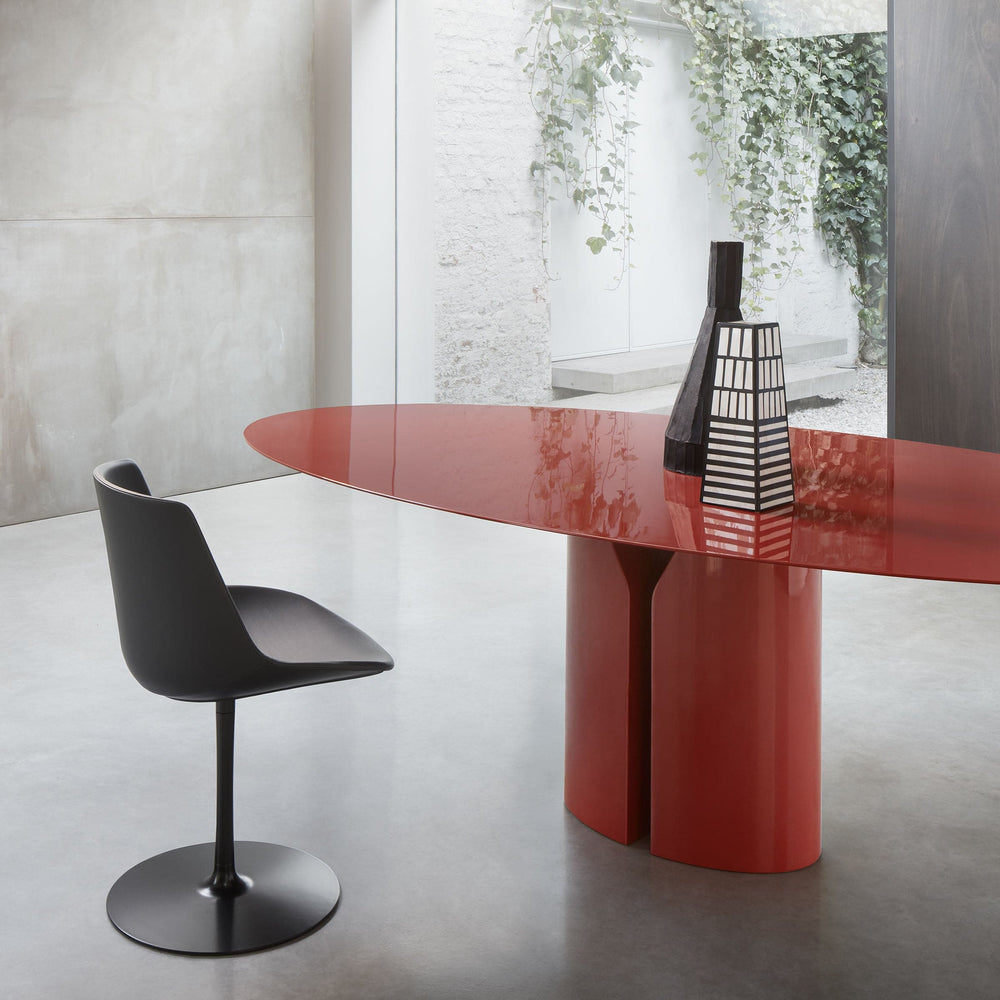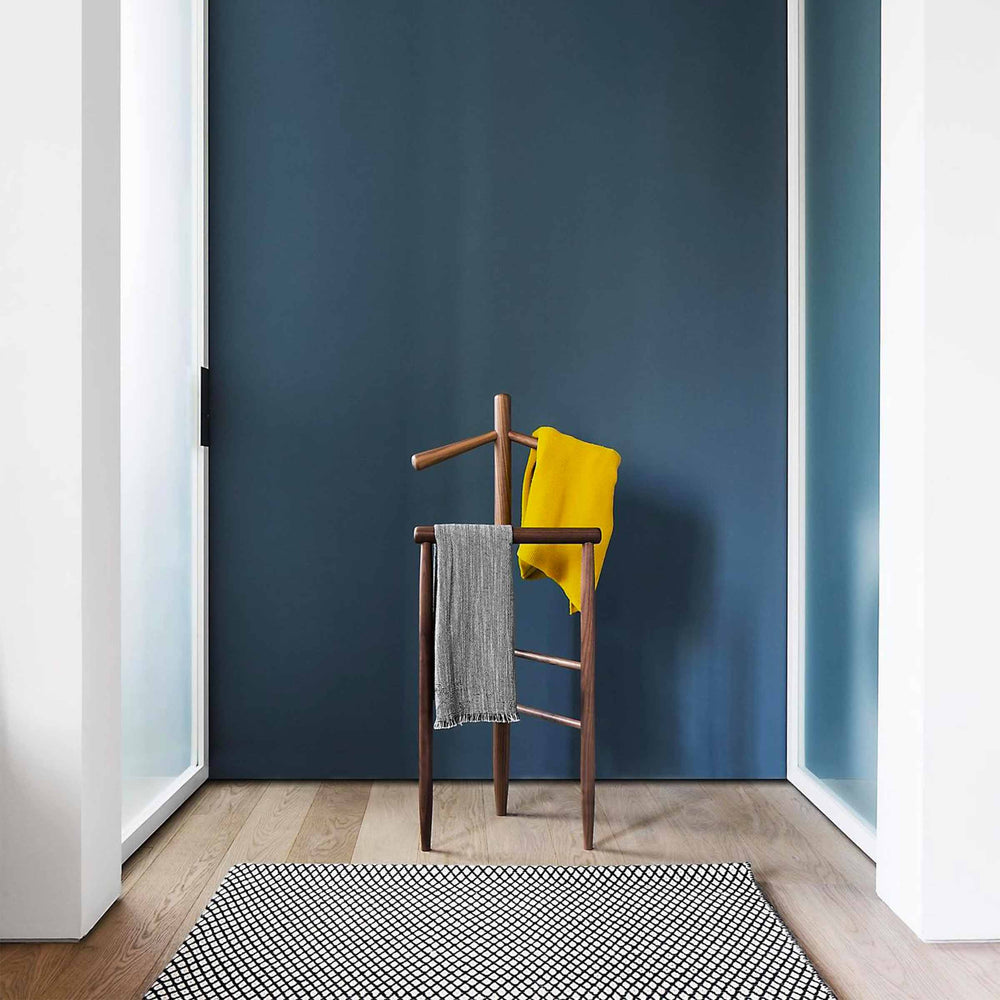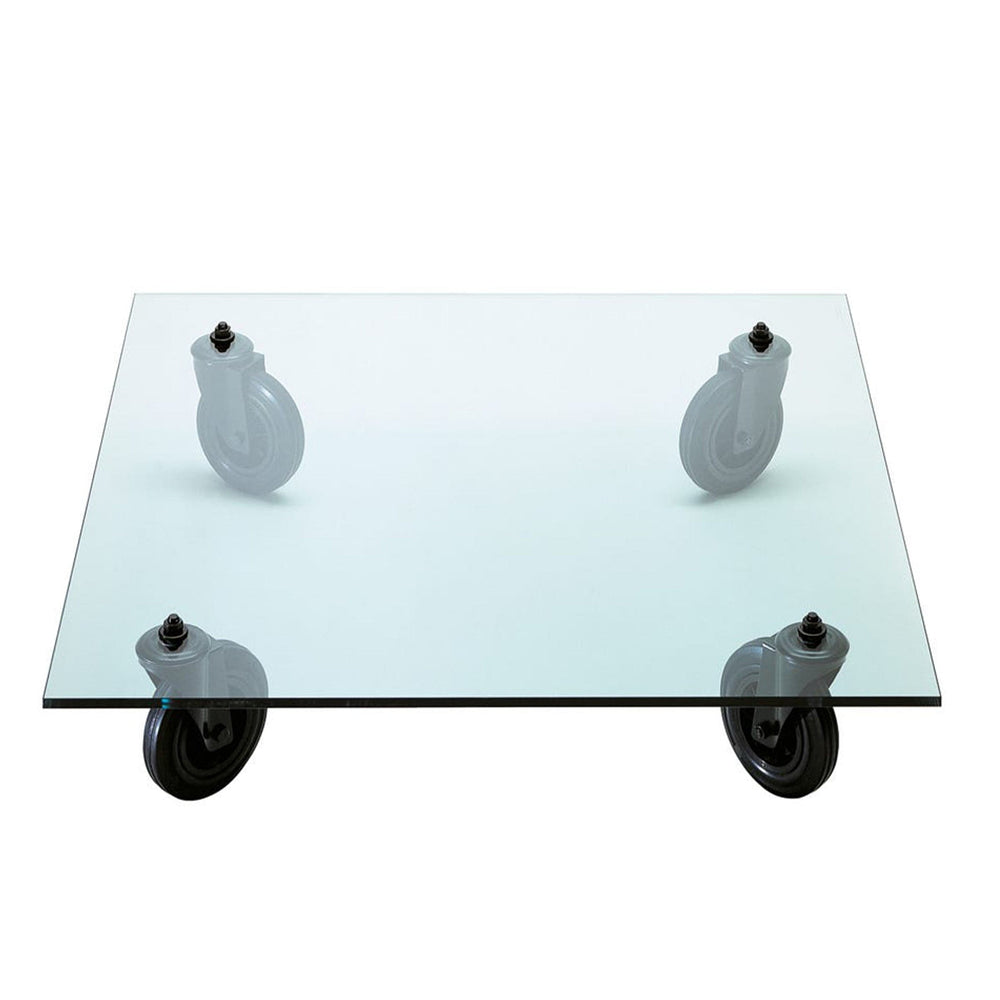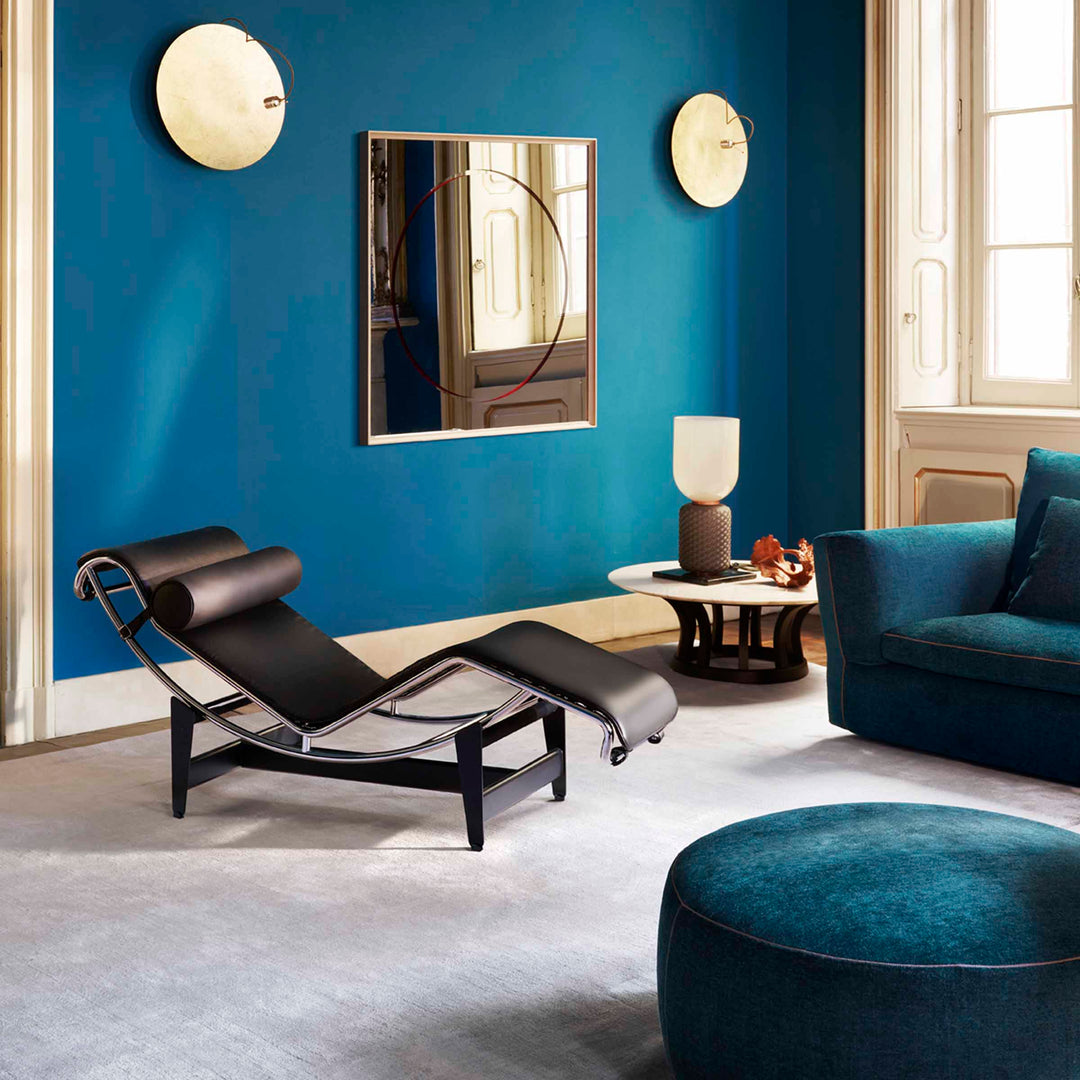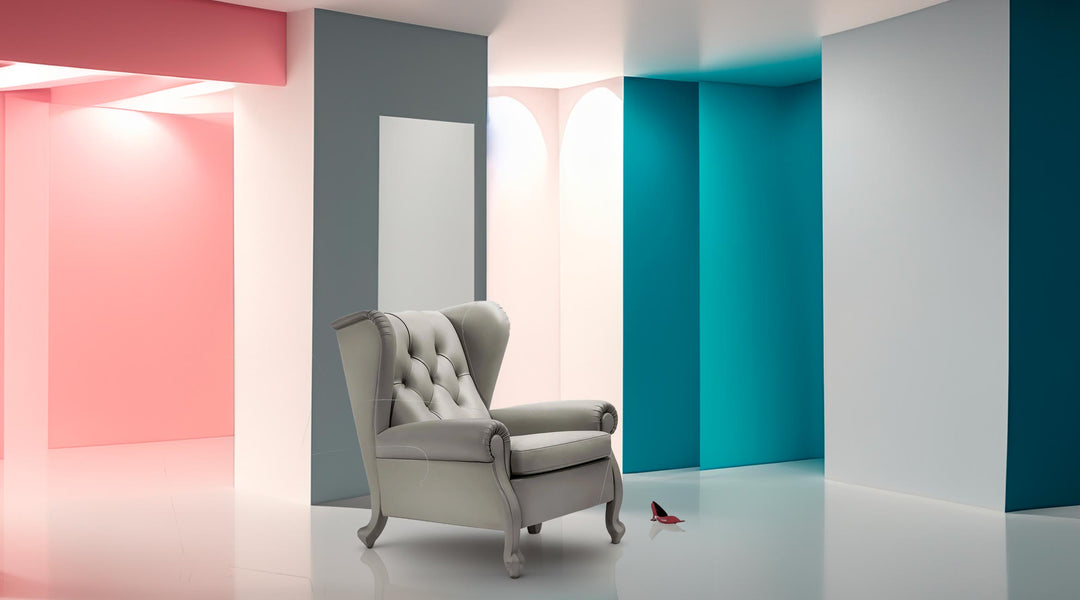Luciana Gomez im Interview mit Cristina Morozzi
Myin ist ein Start-up, das 2020 aus der Idee der italienisch-argentinischen Designerin Luciana Gomez hervorgegangen ist. Luciana ist ein aktives Mitglied des Kreativteams, das die berühmten TAG-Coworking-Labs von Talent Garden entworfen hat, und ehemalige Gründerin von Dwellness, einem Unternehmen, das sich auf funktionale Geschäftsumgebungen spezialisiert hat und dabei besonderen Wert auf Nachhaltigkeit und die Förderung von Vielfalt legt. Der Fokus auf das Wohlbefinden des Einzelnen im Arbeitsumfeld hat in Myin eine Weiterentwicklung gefunden. Das „Interiority Design“ ist das Konzept, das dem Projekt Leben eingehaucht hat und das die Sichtweise auf Ästhetik und Funktionalität von Einrichtungsaccessoires völlig auf den Kopf stellt.
Luciana erklärt uns, was „Interieurdesign“ bedeutet?
Der Weltraum ist kein Ort, er ist ein Erlebnis. Und wir müssen entscheiden, wie wir es mit anderen teilen. Ein Möbelstück ist ein Teil von uns. Es ist eines der vielen Puzzleteile, die unseren Charakter und unsere Innerlichkeit ausmachen. In diesem Sinne ist es intim und sollte nicht sofort preisgegeben werden, sondern als Geschenk an diejenigen, die wir auswählen. Der Moment der Offenheit gegenüber anderen, der Enthüllung spielt daher eine grundlegende Rolle. Myin ist der Name, der diesen Ansatz zusammenfasst: Er bedeutet gleichzeitig meine Innerlichkeit und mein Innendesign.
Das Äußere ist äußerst klar und schlicht, das Innere hingegen zeichnet sich durch eine Explosion der Kreativität aus, die durch die Möglichkeit der individuellen Gestaltung zum Ausdruck der Innenwelt derjenigen wird, die es besitzen.
Hat Homeoffice die Art und Weise beeinflusst, wie Umgebungen konzipiert werden?
Es ist ein Impuls, der auch mit der Wiedereröffnung von Unternehmen nicht enden wird. Die Zollabfertigung und die Überwindung des in Italien extremen Misstrauens waren vielleicht einer der wenigen positiven Aspekte dieser Situation. Es ist jedoch an der Zeit, unsere Häuser fit zu machen, auch in den Kontexten, in denen der verfügbare Platz uns daran hindert, Ad-hoc-Umgebungen zu schaffen.
Ich nutzte meine Erfahrung im Talent Garden Coworking, um einige Richtlinien auszuarbeiten, die zur Konzeption eines intelligenten Arbeitsplatzes führten, der in eine Wohnumgebung platziert werden kann und diese in einen multifunktionalen und harmonischen Raum verwandelt.
Von zu Hause aus zu arbeiten bedeutet nicht, die Regeln der Ergonomie zu vergessen. Daher ist es wichtig, die Beziehung und Interaktion zwischen Menschen und Einrichtungselementen zu respektieren und zu schützen.
Arbeitsplätze dürfen nicht in die Häuser „eindringen“, ihre Eigenschaften verzerren und funktionale Bedürfnisse auf Kosten der intimsten und persönlichsten Bedürfnisse in den Vordergrund stellen. Die Integration in private Umgebungen muss harmonisch und im Einklang mit dem Wohnstil erfolgen.
Es soll die Möglichkeit bieten, seine Innerlichkeit zum Ausdruck zu bringen.
Wie werden die Wohnräume in Kürze aussehen?
In der Lockdown-Phase sind Häuser dank der Unterstützung der Technologie auch zum einzigen Ort der Sozialisierung geworden. Brunch, Aperitif, Familientreffen, sogar Streaming-Geburtstagsfeiern: Trotz der Ferne haben die Menschen auch einen Weg gefunden, sich nahe zu fühlen.
Es wird einige Zeit dauern, bis die sozialen Räume wieder lebendig werden, wie wir sie früher kannten. Aus diesem Grund wird die soziale Rolle des Hauses wahrscheinlich weiterhin vorherrschend sein.
Die Möglichkeit, den Moment der „Offenheit gegenüber anderen“ zu verwalten, wie er im Ansatz der Innengestaltung konzipiert ist, kommt diesem Bedürfnis besonders entgegen.
Auch hier werden Räume multifunktional konzipiert: Durch Einrichtungselemente kann ein und derselbe Raum verschiedenen Zwecken dienen.





